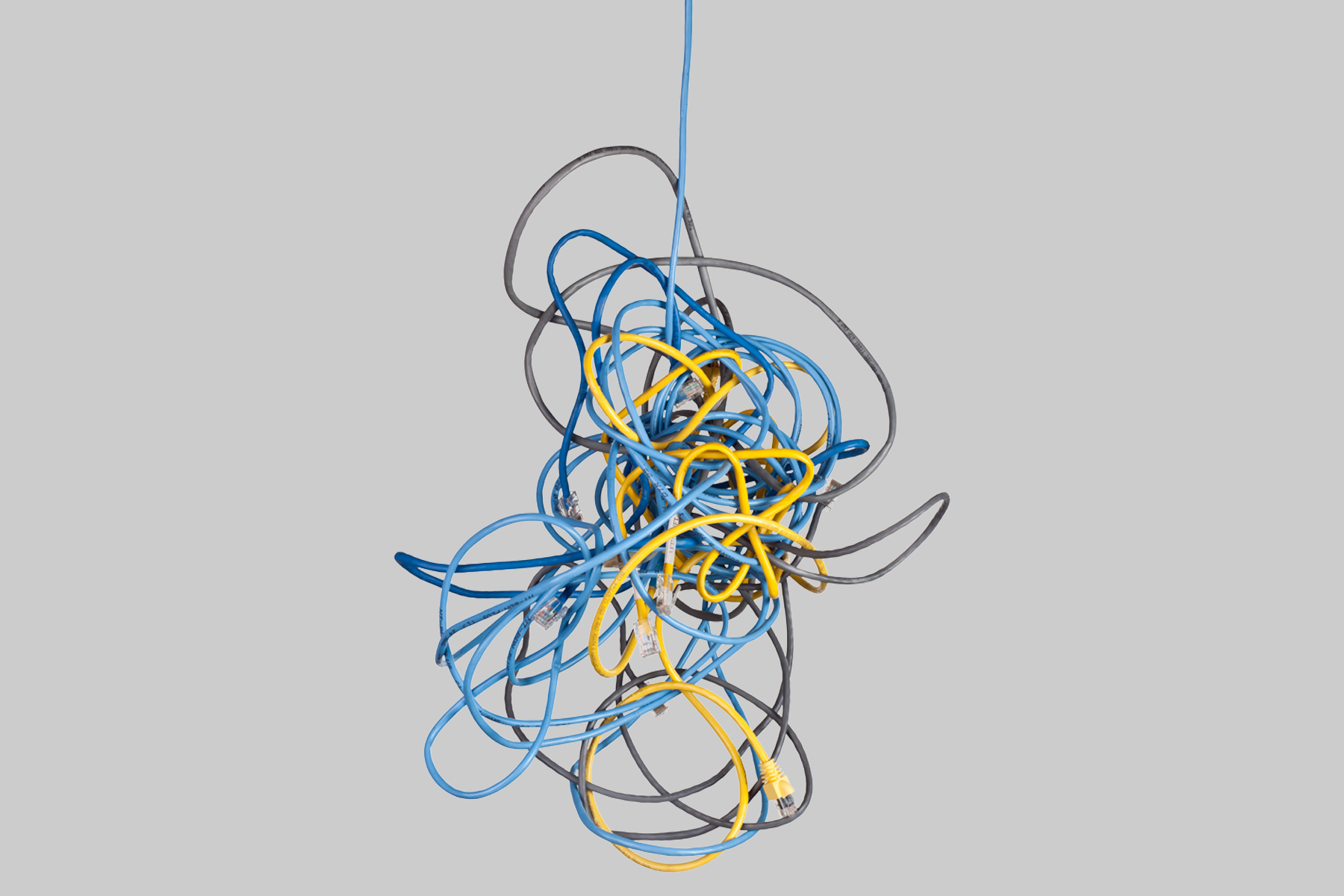Dallas-based AT&T and other Internet service providers got what they wanted in June when the Federal Communications Commission abandoned its Obama-era net-neutrality rules. But in the courts, in state legislatures, and in Congress, regulation of internet traffic is far from a settled issue, and AT&T seems a long way from landing the certainty of a legislated, nationwide policy.
The rules overturned by the GOP-controlled FCC barred broadband companies such as AT&T from slowing or blocking content or charging for faster passage across networks. California has since passed its own net neutrality rules—a move the Justice Department challenged in a lawsuit filed in October—and a group of 22 mostly Democrat-led states has sued the FCC in an attempt to reinstate the former rules, which were passed in 2015. Both federal cases are pending.
Internet companies like Google and Facebook favored those rules, which classified broadband companies such as AT&T as “common carriers,” subject to the same kind of oversight as public utilities. The major internet service providers saw the rules as a solution to a problem that doesn’t exist, by which innovation and new investment would suffocate under government micromanagement.
In a series of posts over the past year written by various AT&T executives, the company has insisted it will not block, throttle, or degrade internet traffic based on content and “is not interested in creating fast lanes and slow lanes on anyone’s internet.” The company defends prioritization for rapidly developing services such as autonomous cars, remote surgery, and first-responder communications and says it doesn’t want those innovations stifled by inflexible regulations.
The company says it is committed to the same principles as advocates of an open internet, but its pledge is often dismissed or doubted by those who fly the net-neutrality flag. In tech media reports, AT&T is frequently portrayed as the ogre under the bridge, poised to stomp on creative startups. Never mind that so much of the traffic it carries is generated by Google, Facebook, Netflix, Amazon, and other corporate giants.
AT&T, which has made no changes in its service since June, argues that broadband grew dynamically under the previous “light touch” regulatory backdrop. Backers of that approach say it makes no economic sense for mobile phone and cable companies to block or throttle legal content and limit consumer choices because they have made huge investments in their networks and want to attract as many-end users as possible. They say pre-existing regulation—and media pressure—will effectively police any bad behavior.
This is same argument the Justice Department made in a legal brief filed in early October defending the FCC’s repeal of the 2015 rules. The FCC’s new regime requires ISPs to disclose any changes to their practices. Disclosure and market pressures will, the Justice Department argues, “discourage broadband providers from engaging in harmful practices by reducing their incentives and ability to do so.”
AT&T’s most immediate concern in the now-decade-long tussle over net neutrality is the prospect that it might have to contend with a patchwork of state-issued rules.
In an October statement on the issue, Joan Marsh, an AT&T executive vice president, said “state-by-state regulation in this area is insufficient and unworkable because the internet is a global network of networks” that has no state or even national boundaries.
She reasserted the company’s call, made in early 2018 by CEO Randall Stephenson, for Congress to pass an “Internet Bill of Rights that applies to all internet companies and guarantees neutrality, transparency, openness, non-discrimination, and privacy protection for all internet users.”
For AT&T, such an act would represent a lasting solution. But the odds are long that “all internet companies” would support Congress writing new rules governing such things as consumer privacy. Stephenson himself pointed out how difficult that task might be, given the hyper-partisanship in Congress.
As he told the audience at a Goldman Sachs conference in September, “I don’t think there’s enough bipartisan support to agree on what the freezing temperature of water is.”
Thomas Korosec is an award-winning journalist who specializes in legal and business topics.






